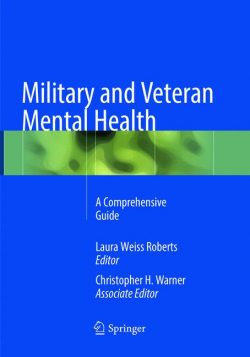This book is concerned with the human individual and her relationship with the communities of which she is a member. It argues against the traditional atomistic view that individuals are essentially independent of the social relations into which they enter, and instead argues for the holistic view that we are essentially social beings who cannot exist apart from normative communities.
Matthew Whittingham engages in a sustained exploration and criticism of the classic Western picture of epistemology. He argues instead that communities ground the possibility of our forming a conception of the world and ourselves, that those social relations open up a range of affective responses and forms of action that would otherwise be impossible, they enable us to know and reason about the world, and they make possible the daily struggles for freedom and self-realization that are familiar to us all and find their most powerful expression in major social movements.
Chapter 1: Mill and Bradley on the Individual
Chapter 2: Reconciling Communal Identity and Social Criticism
Chapter 3: Foundationalism and the Disengaged Knower
Chapter 4: The Transcendental Arguments: Part 1 – Hegel
Chapter 5: The Transcendental Arguments: Part 2 – Wittgenstein
Chapter 6: The Ground of Reason and Knowledge
Chapter 7: Identity and Self-Determination
Chapter 8: Freedom and Schizophrenia
Matthew Whittingham completed his PhD in philosophy at The University of Kent, where he has taught analytic and continental philosophy, as well as the history of philosophy.
This book is concerned with the human individual and her relationship with the communities of which she is a member. It argues against the traditional atomistic view that individuals are essentially independent of the social relations into which they enter, and instead argues for the holistic view that we are essentially social beings who cannot exist apart from normative communities.
Matthew Whittingham engages in a sustained exploration and criticism of the classic Western picture of epistemology. He argues instead that communities ground the possibility of our forming a conception of the world and ourselves, that those social relations open up a range of affective responses and forms of action that would otherwise be impossible, they enable us to know and reason about the world, and they make possible the daily struggles for freedom and self-realization that are familiar to us all and find their most powerful expression in major social movements.
Covers a range of material in an interconnected manner, from technical theories of knowledge to discussion of selfhood
Focuses on notions such as freedom, self-knowledge, and well-being
Serves as a gateway to an expansive range of subjects while being accessible to a wide audience





